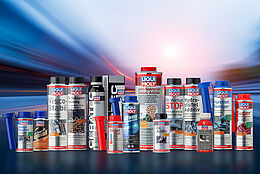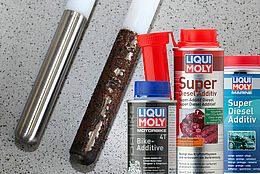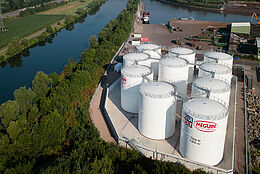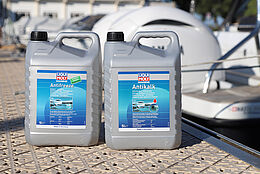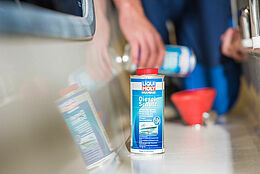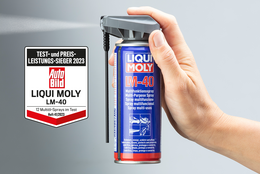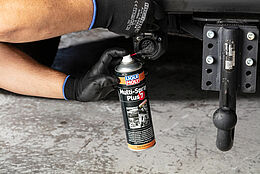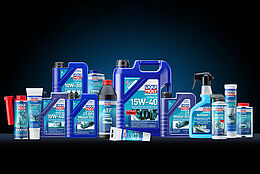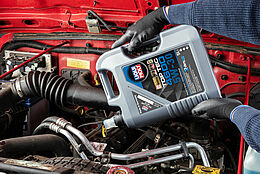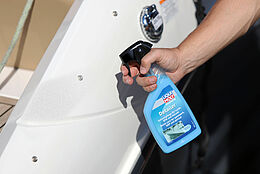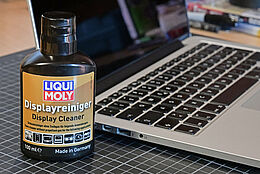- 09/04/2025
- 2min
Keeping diesel sludge in check: How to protect your marine engine
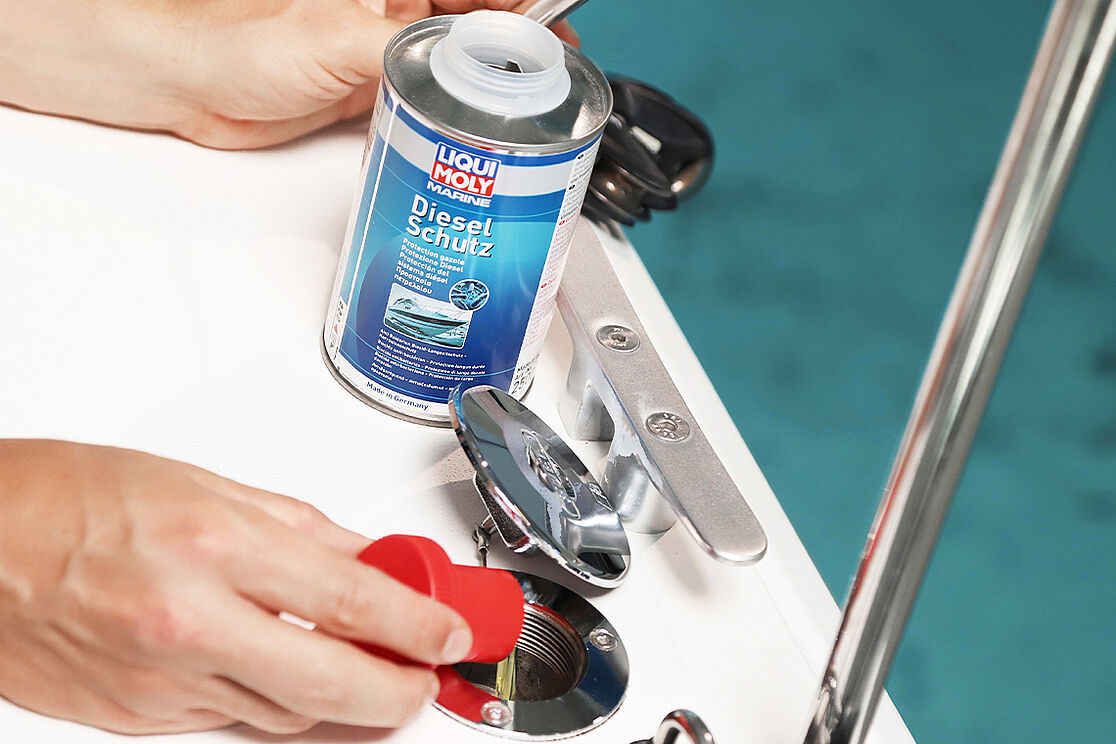
If you love your vessel, you'll protect it – especially when it comes to diesel sludge. It develops when microorganisms settle in the interface layer between diesel and water. These include bacteria, yeasts and molds. The consequences: Clogged filters, corrosion in the fuel system and, in the worst case, engine failure.
Microbes in the tank can become an issue
Diesel sludge develops whenever water collects in the tank – for example as a result of condensation. Microorganisms, such as bacteria, yeasts and molds, particularly thrive in the interface layer between diesel and water. They decompose the fuel, form slime-like deposits and clog filters and pipes. This can lead to engine starting problems, a loss of power or even engine damage.
Preventive or problem-related use
Whether it's for regular use or as shock treatment of already affected tanks – Marine Diesel Protect can be flexibly dosed and is highly effective. Its tested effectiveness according to ASTM E 1259–10 is another advantage of the additive.
More than just mere protection
The additive not only ensures a clean fuel system, it also reduces consumption and boosts engine performance. A genuine carefree package for marine diesel engines.
Tip: Particularly recommended after prolonged downtimes, changing weather conditions or when using fuel containing biodiesel.
Use biocides safely. Always read the label and product information before use.
Summary
Diesel sludge is a serious problem – however, with the right product, there’s no need to worry. Our Marine Diesel Protect ensures a clean tank, reliable engine starts and a long service life for your engine.

